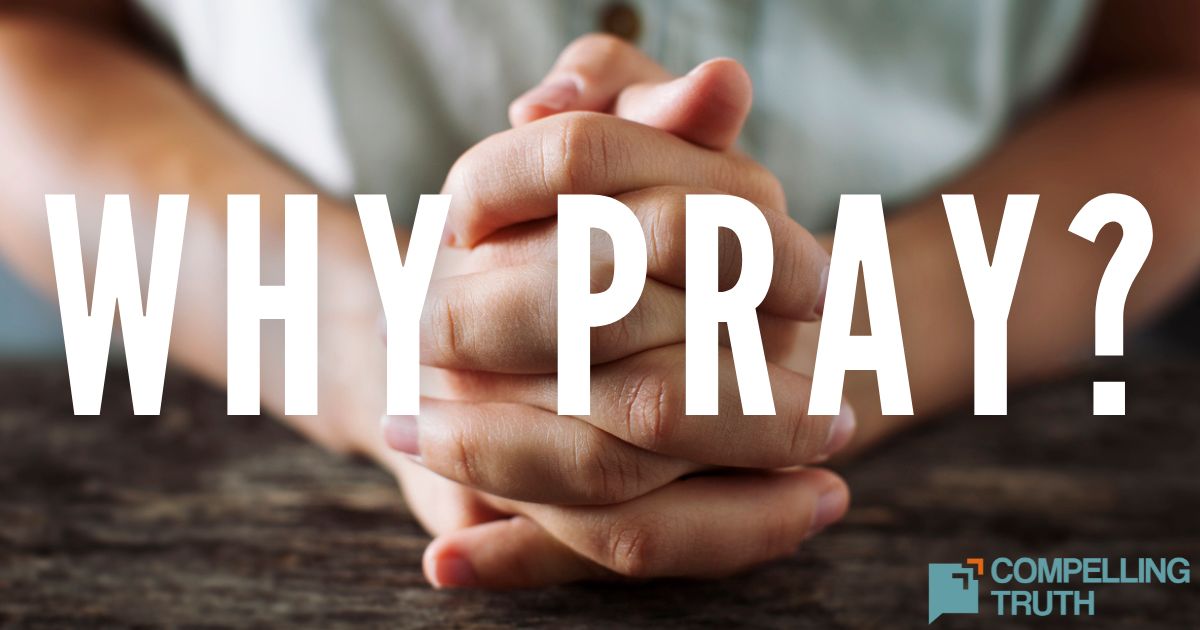Intercessory prayer is prayer on behalf of others. The Bible teaches that Christians have access to God and should pray for others. The Old Testament presents examples of intercessory prayer from figures like Abraham (Genesis 18), Moses (Exodus 32:11-12), and David (2 Samuel 24:17). Paul encouraged and asked for intercessory prayer (Ephesians 6:16-19; Romans 15:30; Colossians 4:2-3). When we intercede, we are acting as a mediator, or an ambassador, on behalf of someone else. Jesus is the ultimate intercessor. Only through Him do we have access to God through prayer (1 Timothy 2:5; Romans 8:34; Hebrews 4:14-16; 10:19-23). Even so, similar to the way God invites us to pray to Him on our own behalf, He calls us to intercede for others in prayer.
Praying for others is one of the most powerful and loving things we can do because we have the privilege as God’s children to come boldly before His throne (Hebrews 4:16). Through Jesus, the ultimate Intercessor (1 Timothy 2:5; Hebrews 7:25), we have direct access to the King of the universe—so when we pray for someone, we are bringing their needs straight into the presence of God. Intercessory prayer is not passive; it is actively standing in the gap for someone who needs God’s help, guidance, healing, or protection.
This could mean praying for a friend walking through cancer treatment, asking God for physical healing and peace in the waiting. It might be lifting up a missionary serving overseas, asking God to strengthen them and open hearts to the gospel. It could be pleading for wisdom and integrity for our leaders (1 Timothy 2:2), or asking God to comfort a neighbor who is grieving. Like Abraham interceding for Sodom (Genesis 18:22-33) or Daniel praying for his people (Daniel 9:3-19), we approach God not because we are perfect, but because He is faithful.
When we pray for others, we join in God’s work of blessing, protecting, and transforming lives. Our prayers may move the Lord to act in ways we will never see, but they always matter because God hears and responds. Jesus has made the way for us to come close to God, and now we get to carry others into His presence, trusting Him to do what only He can do.




